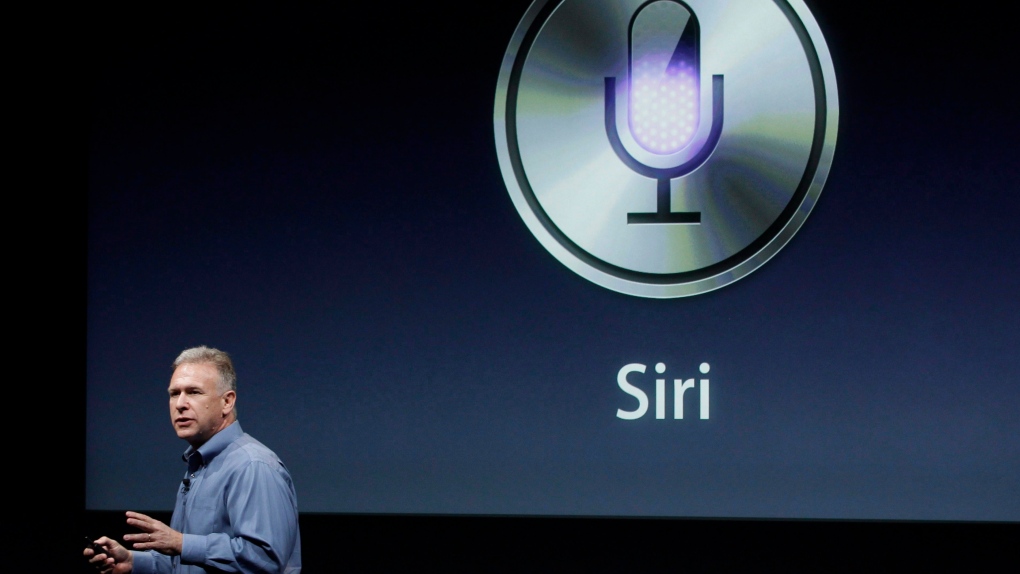Apple is testing generative AI concepts that could one day be destined for Siri, despite fundamental issues with the way the virtual assistant is built, the New York Times reports.

Employees were apparently briefed on Apple's large language model and other AI tools at the company's annual AI summit last month. Apple engineers, including members of the Siri team, have reportedly been testing language-generation concepts "every week" in response to the rise of chatbots like ChatGPT.
These next-generation AI technologies have highlighted how Siri, Alexa, and other voice assistants have squandered their lead in the AI race, the report explains. Siri, in particular, has faced multiple roadblocks to meaningful improvements. Speaking to the New York Times, former Apple engineer John Burkey, who worked on Siri and was made responsible for improving it in 2014, explained that the voice assistant is built on "clunky code that took weeks to update with basic features."
Its "cumbersome design" made it very difficult for engineers to add new features. For example, Siri's database contains a large list of phrases in almost two dozen languages, making it "one big snowball." If someone wanted to add a word to Siri's database, Burkey added, "it goes in one big pile."
This means that simple updates like adding new phrases to the data set requires rebuilding the entire Siri database, which could take up to six weeks. Adding more complicated features like new search tools could take up to a whole year.
As a result, there was no path for Siri to become a "creative assistant" like ChatGPT, Burkey believes. Earlier this week, OpenAI unveiled GPT-4, its next-generation AI engine, enabling even more advanced responses from ChatGPT.
Last week, DigiTimes reported that the growing interest in generative AI catalyzed by ChatGPT has motivated a re-evaluation of how the technology is developed at major companies like Apple, Meta, and Amazon. These companies are purportedly making efforts to ensure Microsoft does not maintain its lead in AI. Apple and Tesla, in particular, are said to be reconsidering their approach to AI.
This article, "Apple Engineers Reportedly Working on ChatGPT-Like AI Despite Siri Design Flaws" first appeared on MacRumors.com
Discuss this article in our forums
Source: TechRadar

Employees were apparently briefed on Apple's large language model and other AI tools at the company's annual AI summit last month. Apple engineers, including members of the Siri team, have reportedly been testing language-generation concepts "every week" in response to the rise of chatbots like ChatGPT.
These next-generation AI technologies have highlighted how Siri, Alexa, and other voice assistants have squandered their lead in the AI race, the report explains. Siri, in particular, has faced multiple roadblocks to meaningful improvements. Speaking to the New York Times, former Apple engineer John Burkey, who worked on Siri and was made responsible for improving it in 2014, explained that the voice assistant is built on "clunky code that took weeks to update with basic features."
Its "cumbersome design" made it very difficult for engineers to add new features. For example, Siri's database contains a large list of phrases in almost two dozen languages, making it "one big snowball." If someone wanted to add a word to Siri's database, Burkey added, "it goes in one big pile."
This means that simple updates like adding new phrases to the data set requires rebuilding the entire Siri database, which could take up to six weeks. Adding more complicated features like new search tools could take up to a whole year.
As a result, there was no path for Siri to become a "creative assistant" like ChatGPT, Burkey believes. Earlier this week, OpenAI unveiled GPT-4, its next-generation AI engine, enabling even more advanced responses from ChatGPT.
Last week, DigiTimes reported that the growing interest in generative AI catalyzed by ChatGPT has motivated a re-evaluation of how the technology is developed at major companies like Apple, Meta, and Amazon. These companies are purportedly making efforts to ensure Microsoft does not maintain its lead in AI. Apple and Tesla, in particular, are said to be reconsidering their approach to AI.
This article, "Apple Engineers Reportedly Working on ChatGPT-Like AI Despite Siri Design Flaws" first appeared on MacRumors.com
Discuss this article in our forums
Source: TechRadar